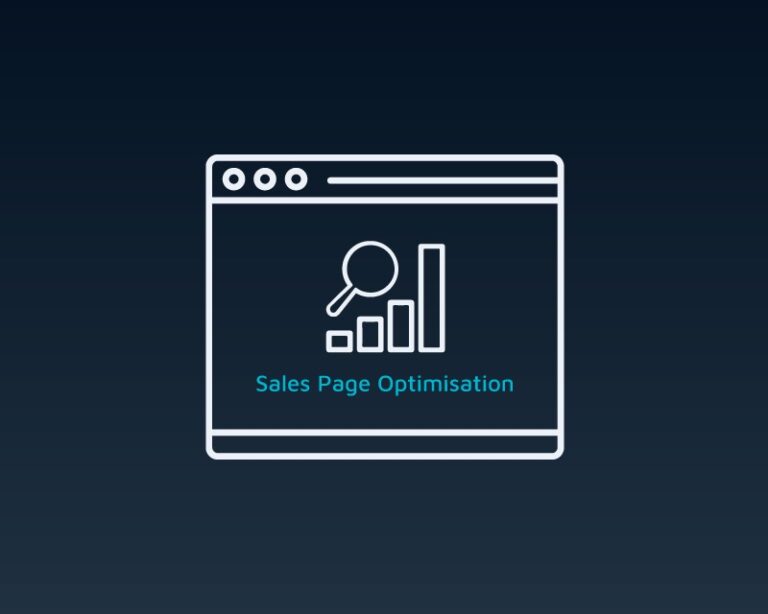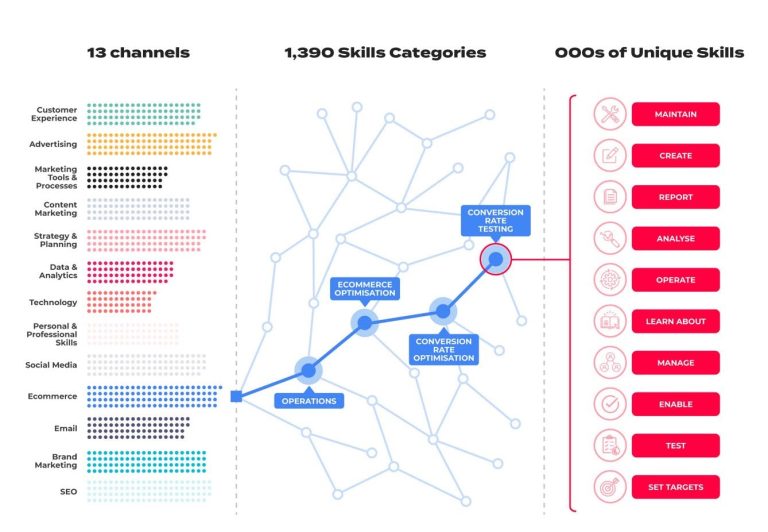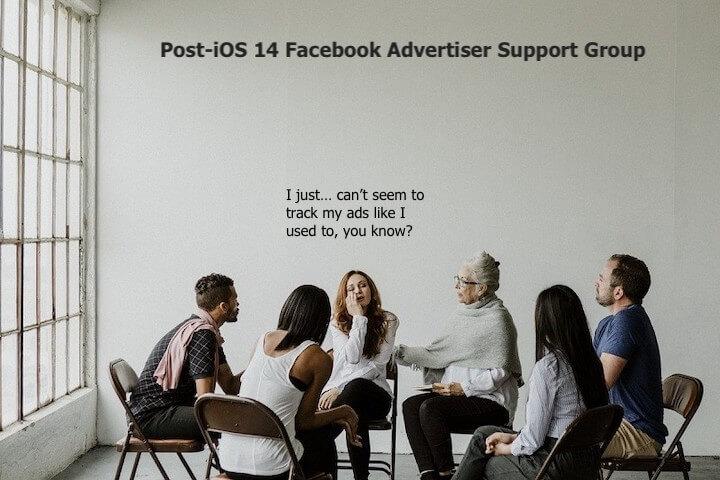Another important value at HubSpot is that we build careers, not just sell software. Our content has long been a valuable source of growth advice for businesses of all sizes, so during the pandemic we pivoted to focus primarily on education, and practical advice. For example, last year, we looked at aggregated data from our global customer base of 113,000+ companies every week to understand key business metrics were shifting. In 2021, we have continued to publish these data updates weekly to help people get a real-life insight into how the industry is being affected and serve as an indicator of what adjustments to their strategy may be needed. This continues to be a top priority as we begin to exit the pandemic.
And perhaps most importantly, just like many organisations in 2020, we’ve realised that we need to evolve when it comes to the future of work. While HubSpot has been a “remote-ish” company for a few years, the pandemic has reassured us that work is not a place. Our culture is not tied to locations; it’s rooted in our values, our amazing people, and our mission of helping millions of organisations grow better. That’s why in 2021, we established a hybrid remote-office model where career growth is equitable for everyone, whether employees do their best work in an office or from home. It’s the right thing to do for our employees and candidates, and for growing a company, we’re proud of long-term.
How do you maintain an effective work/life balance?
The unique events of the past year have certainly brought numerous challenges and concerns, but most of the time, it all comes down to how to connect the end to end digital experience.
- Stay focused and say “no” to things that are not core to your mission. You don’t need to do everything that comes your way, but only those things that will help drive you toward achieving your goals. This focus will enable you to scale without burning out.
- Make the most of the resources you have at your disposal. At HubSpot, for example, our unlimited vacation policy is there for our employees to take advantage of; there is no need to “save up” or ration time off. Also, we encourage our employees to take mental health days and breaks as needed and to make the most of our free coaching sessions, therapy sessions, and library of digital courses and meditations.
- Most importantly, put yourself first and do your best to separate your work life from your home life. Self-care is all about putting on your own oxygen mask before helping others – if you aren’t doing well, you will not be able to help others. This can look different for everyone. Pick up a new hobby, set aside time for workouts, create an intentional routine or start journaling. Taking this time to take care of yourself makes it easier to be present at work and home.
How is Covid-19 still impacting your business? What are any permanent changes?
I would probably highlight two things. First, make sure you spend a significant amount of time understanding your customer. In today’s competitive and unpredictable environment, how you sell is why you win. There used to be this whole paradigm that it was just the product or it was just the brand that motivated people to buy. And in fact, I think the bigger transition is that buyers are actually in control of the entire sales and service process. They make their decisions to buy based on the seller, their interactions with the seller, the whole sales process, and the whole experience of that sales process. So it’s more important than ever for a business to understand their customers deeply.
Second, delighting the customer is more important than winning the customer. The customer journey starts, not ends, with the sale. I spent about a decade in on-premise B2B and every win was celebrated! We would celebrate every single success as if that was the end of the journey. The era of the buyer has taught us that that’s just the beginning of the journey with the customer. Continuing to delight the customer, delivering a better customer experience, and ensuring that your customers end up not just being passive customers but promoters of your solution is way more important.
And naturally, the months of the pandemic have been significantly challenging. In fact, they feel more like 10 years because of the pivots we have had to make to help our customers. We have gone from helping our customers survive to helping them thrive to helping them accelerate – from digital ready to digital-first. So it’s certainly been a year of resilience and agility while keeping customer experience as the core focus.
What are the most important qualities for leadership (particularly in your industry)?
Second, we are seeing the rise of modern CRM. Customer expectations have always shaped the systems we use and CRM is no expectation. In today’s changing environment, you don’t call a customer, they come to the website and use that front door. Or they may choose to use a free trial of the product and that might be the front door. The digital journey begins with the website and carries through with the many interactions that your customer has with you and you need to capture all of that information. Today, CRM powers your entire end-to-end customer experience and is inclusive of tools like CMS and core engagement apps. We’re seeing more businesses recognize that CRM is indispensable – as shown in HubSpot’s UK Sales Enablement Report, there is increased adoption of CRM software of 40% compared to pre-Covid levels, with most businesses now recognising the power of CRM platforms as the “single point of truth” of their customers.
These days, work-life balance may seem like a challenging feat. Work-from-home burnout is a reality, and that’s why it’s so essential for companies and employees to make mental health and wellbeing a top priority. When we came out of 2020, most of us thought we were all ready to put an end to the year. But in many ways, 2021 has not felt that different. While burnout is pretty complex and there is no one way to get out of it, here are my top takeaways:
- The first one is integrity. What I say is who I am. No question, right? I want everybody on the team, and anybody who works with me and interacts with me, to know that if I say I’m going to get back to them in 24 hours, that’s my word, and that’s who I am. So integrity is fundamental.
- The second one is authenticity. Being authentic as a leader is just exceptionally important, especially as a female leader in a somewhat male-dominated industry, at least for the last 20 years. In sales, I’ve got to be who I am, and I have to claim my natural spot there—I don’t need to try and be someone that I’m not. I’m not going to watch football if I don’t care about it or learn to play golf because everybody does it. I just have to be really comfortable in terms of who I am and make decisions based on who I am.
- The third one is the ability to inspire others to do their best. Many times we’ll run into “this could have been better” and “that could have been better.” The way I see my role as a leader is to be an agent of change—to be able to create change and inspire others to bring their best every day.
You started at HubSpot as its first-ever CCO (before being appointed CEO) – what were the biggest challenges that you faced?
While this has been a really tough year, we all have an opportunity. This is the end-to-end experience we need to see going forward, and we will only continue going forward, not backward.
Our philosophy as a business is to continue to approach this situation with empathy and urgency. In our effort to support our customers, prospects and partners, we have continued to add free tools and remove limits for businesses so that they can stay connected to their communities. In 2020, for example, we reduced the first-year cost of our Starter Growth Suite and this year, we decided to keep that price permanently. We’re seeing more customers wanting to adopt a full suite of products, and we want to make it very easy for them to be able to buy it and leverage it and adopt it, especially in a delicate moment like this for almost every business.
What customer experience trends are exciting you right now?
World Wildlife Fund, one of our customers and whose mission of building a world where people live in harmony with nature is simply amazing, is a fantastic example. They have been running digital campaigns but their email, social, website were all siloed. Last year, in the middle of the pandemic, they needed to communicate with all their donors and supporters at a time when the entire world was pivoting to remote. They needed to change the content on their website quickly and bring together the data regarding their donors and supporters, track those communications across all the channels. Rethinking their supporters’ digital journey enabled them to deliver a singular message across multiple channels in a streamlined way.
Fatebenefratelli, which operates 11 healthcare centres in Northern Italy, also has a fantastic story. Think about being in the healthcare business, where COVID struck very early. Fatebenefratelli had a fragmented digital presence – each centre had its own independent website and they needed to mobilise and pivot very quickly. They started with the customer and mapped out all channels and touchpoints in the customer journey. Then built a centralised website connected to CRM data, which allowed them to pivot quickly and not only raise over 2.7 million euro to aid pandemic response but also ensure business continuity at healthcare facilities in one of the most impacted places in the world
What are your clients’ biggest concerns currently?

Today we’re speaking to the newly-appointed CEO of Hubspot, Yamini Rangan. She discusses her new role, the importance of authentic leadership, and the future of CX.
There are three qualities I think strong and effective leaders must possess:
First, we are seeing an acceleration in the shift in power between buyers and sellers. Nowadays, the buyer has all the information and, therefore, the power, not the seller. Think about what is happening in our personal lives and how that has transformed in the last few years. B2C experiences are setting the standard for the type of experience we expect as users of B2B products. Think about buying a car in 1997 vs. today – then, it was an extremely painful and nontransparent process that created distrust. Now, digital dealerships are literally bringing the cars to you to test drive. This is the level of innovation that B2B companies will need to adopt in order to delight their customers. Today’s buyers want businesses to be easy to buy from, easy to engage with, and easy to get service from, no matter if your business operates in a B2B or B2C world.
What advice would you give a marketer right now?
Early in your career as an individual contributor, there’s a well-trodden playbook to success: work hard, have the right answers, and get to those answers quickly. Unfortunately, lots of people get into leadership and think the formula is the same. But you need a totally different playbook: Effective leaders run marathons, not sprints; they go far, not just go fast; they ask good questions instead of having all the good answers; and they communicate why the team needs to do something, not how they need to do something.
My role was created as part of a larger business transformation that HubSpot was undergoing to unite our end-to-end customer experience. My biggest goal (and the biggest challenge) was breaking down silos to create a seamless customer experience by bringing together more than 3,000 employees from all the customer-facing functions– marketing, sales, service, support, and all the revenue operations surrounding it. This approach has allowed us to fundamentally focus on customers and create a more delightful experience for customers.





